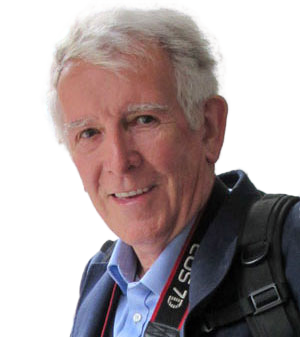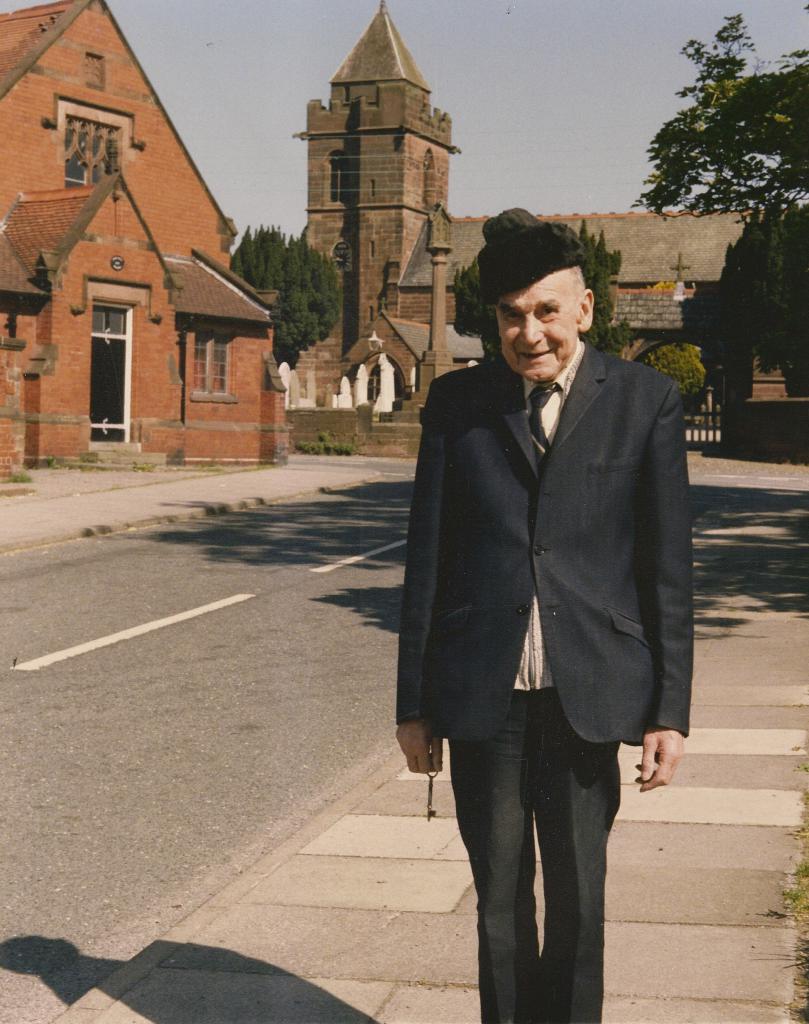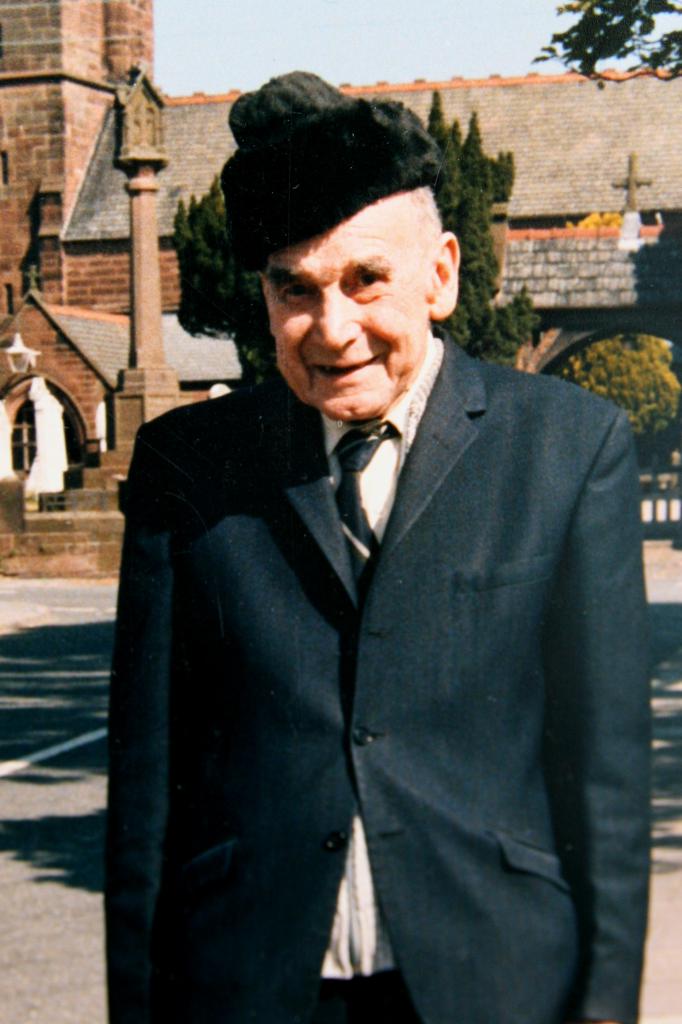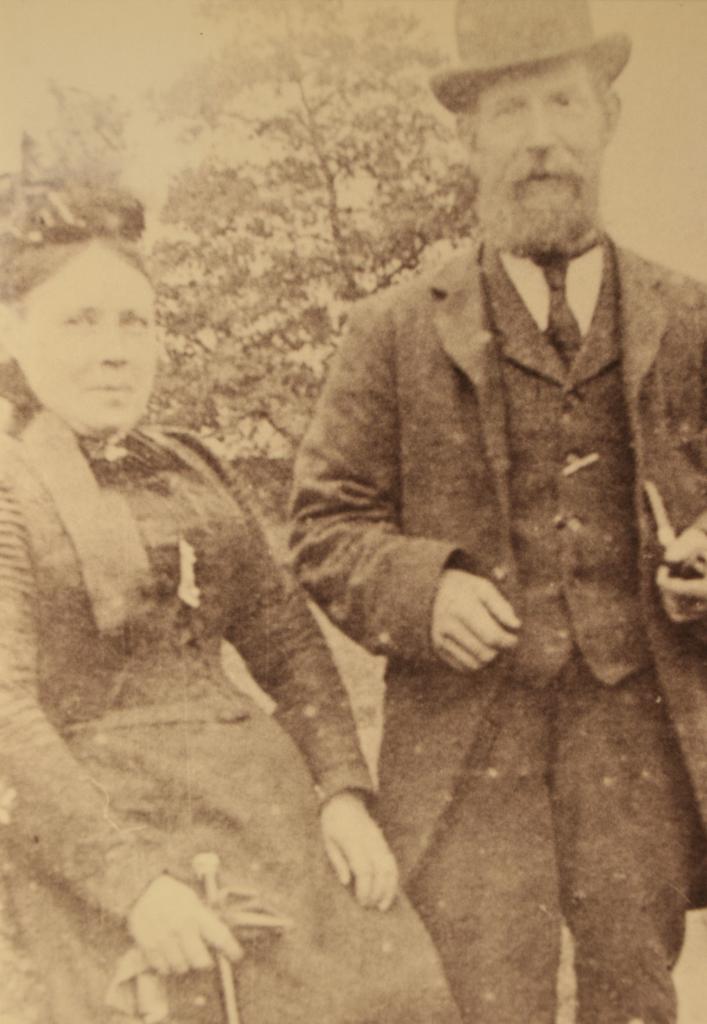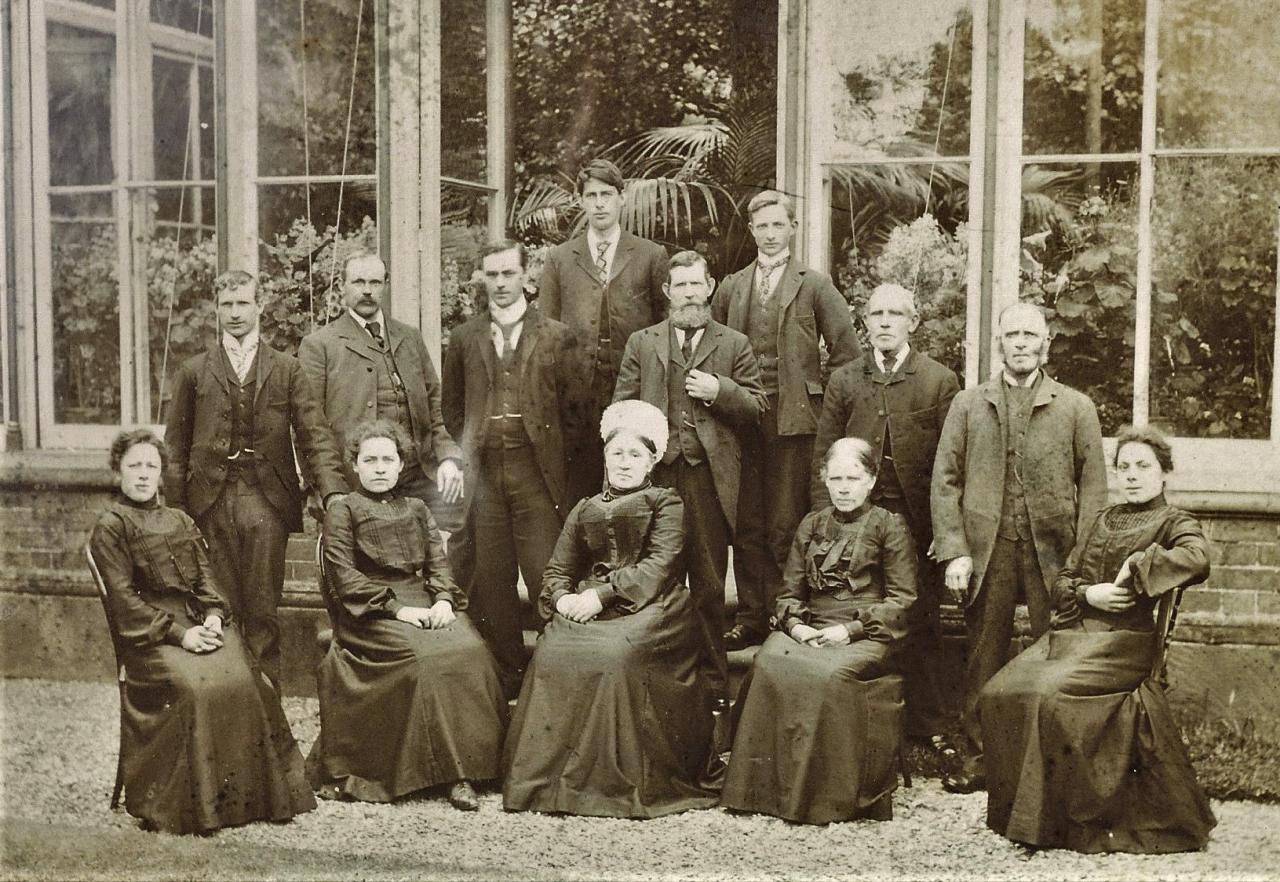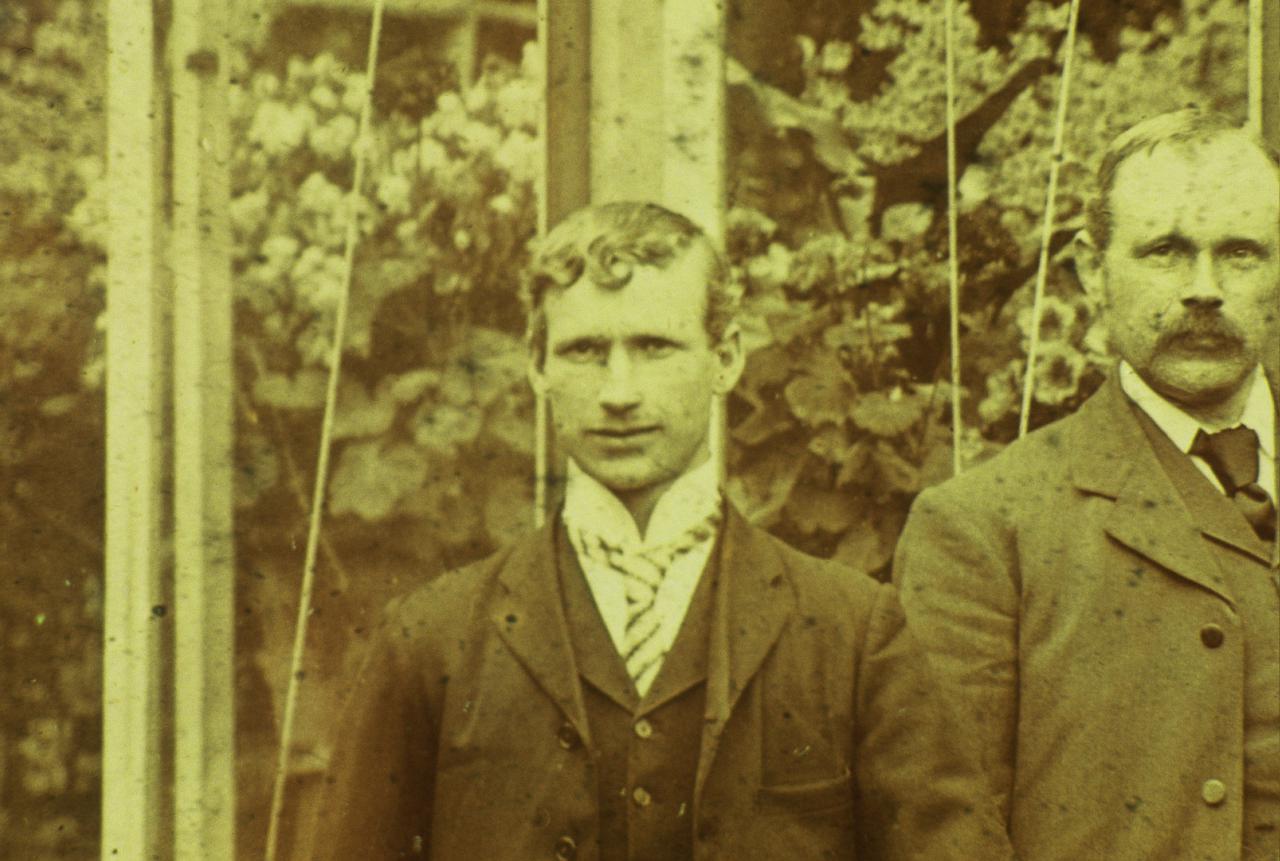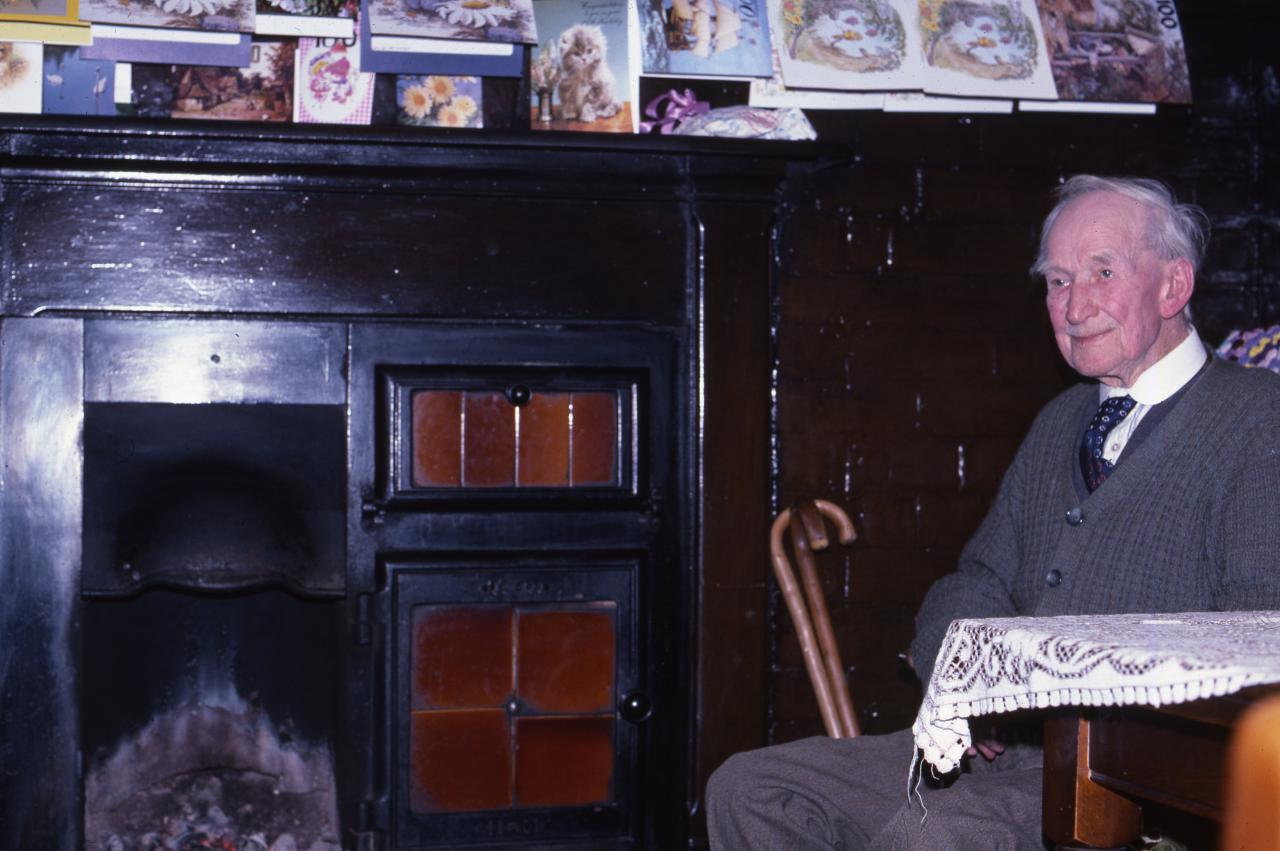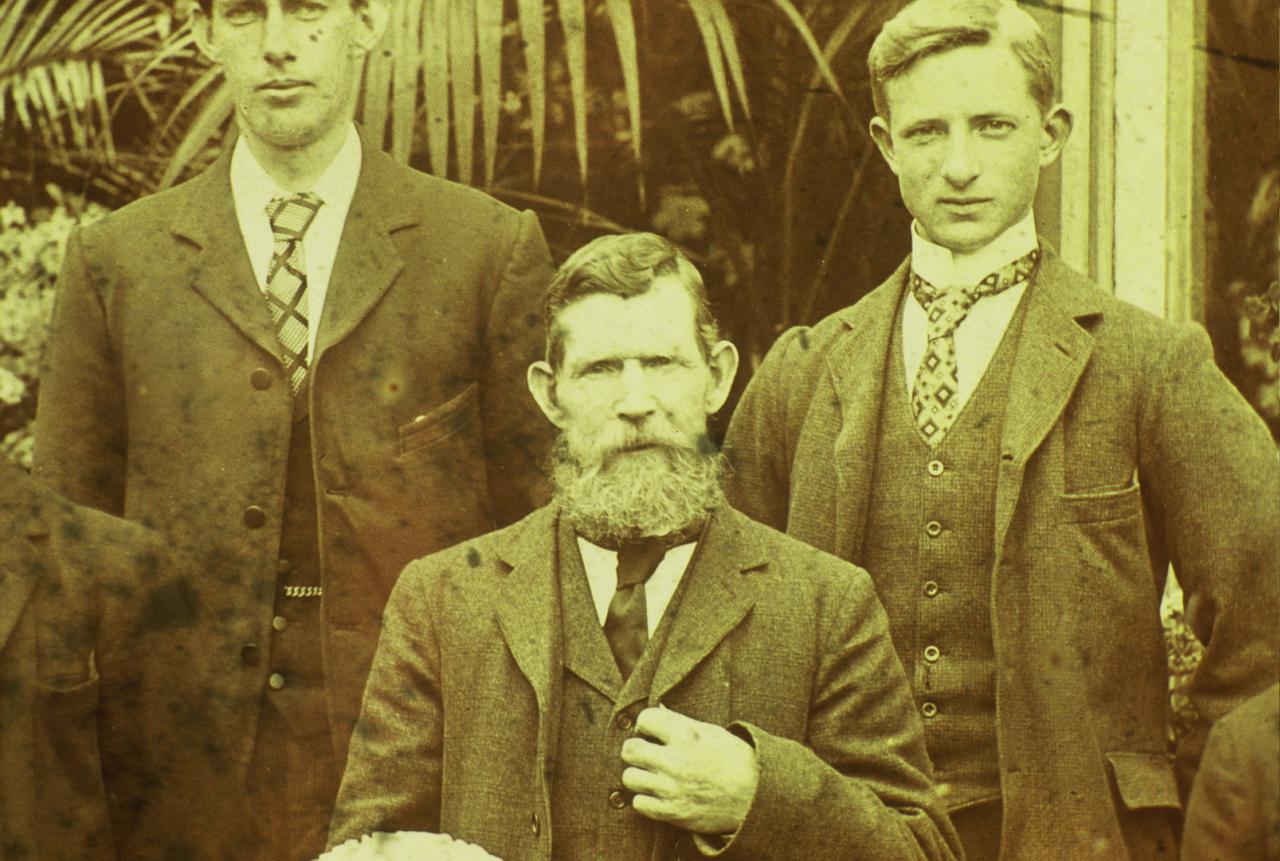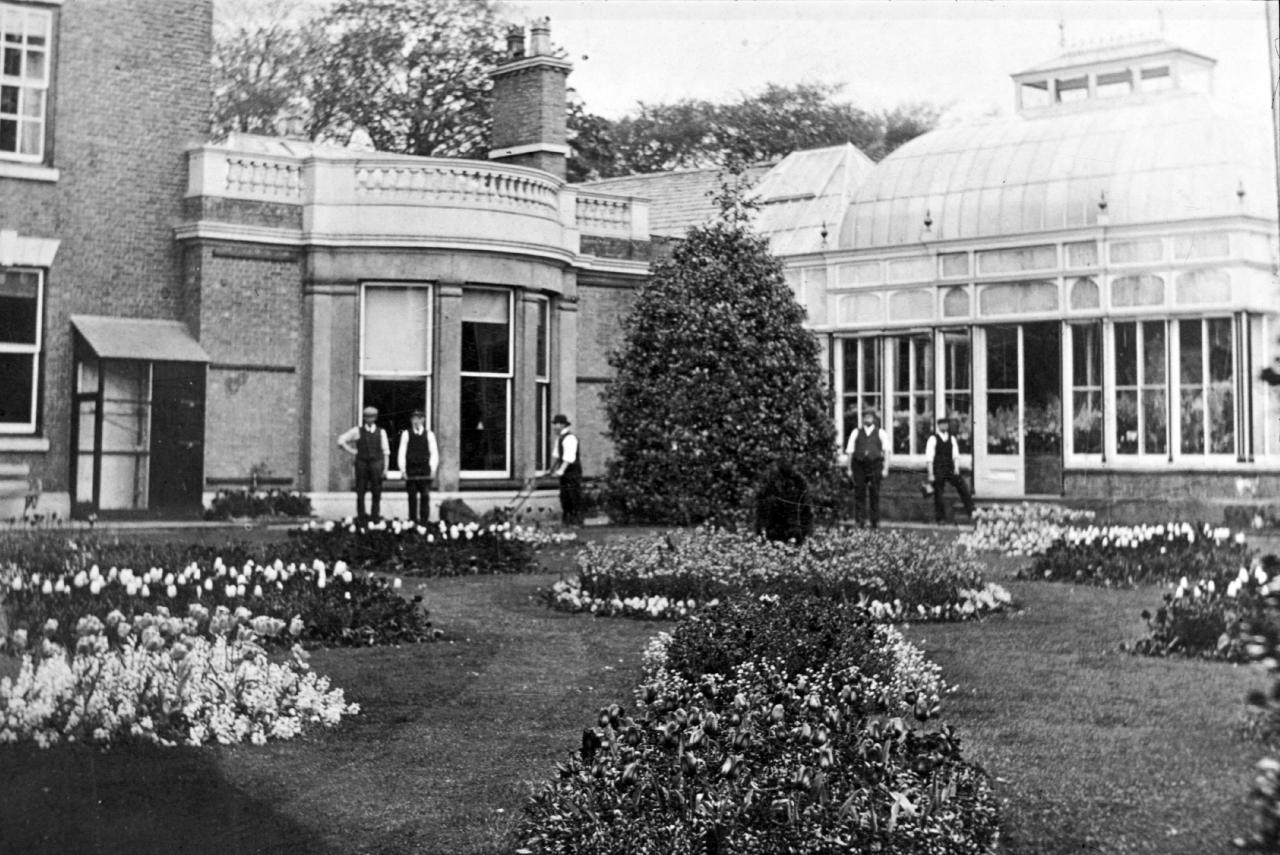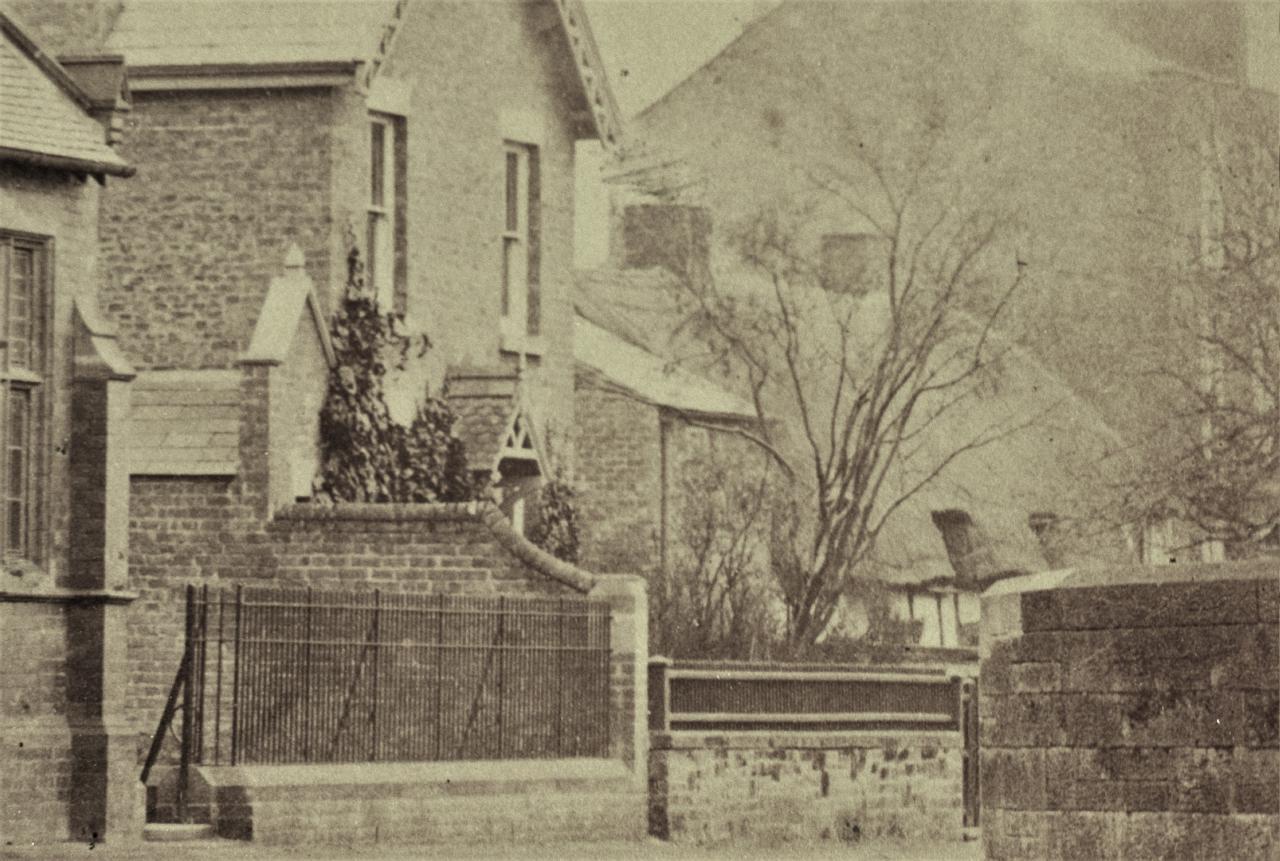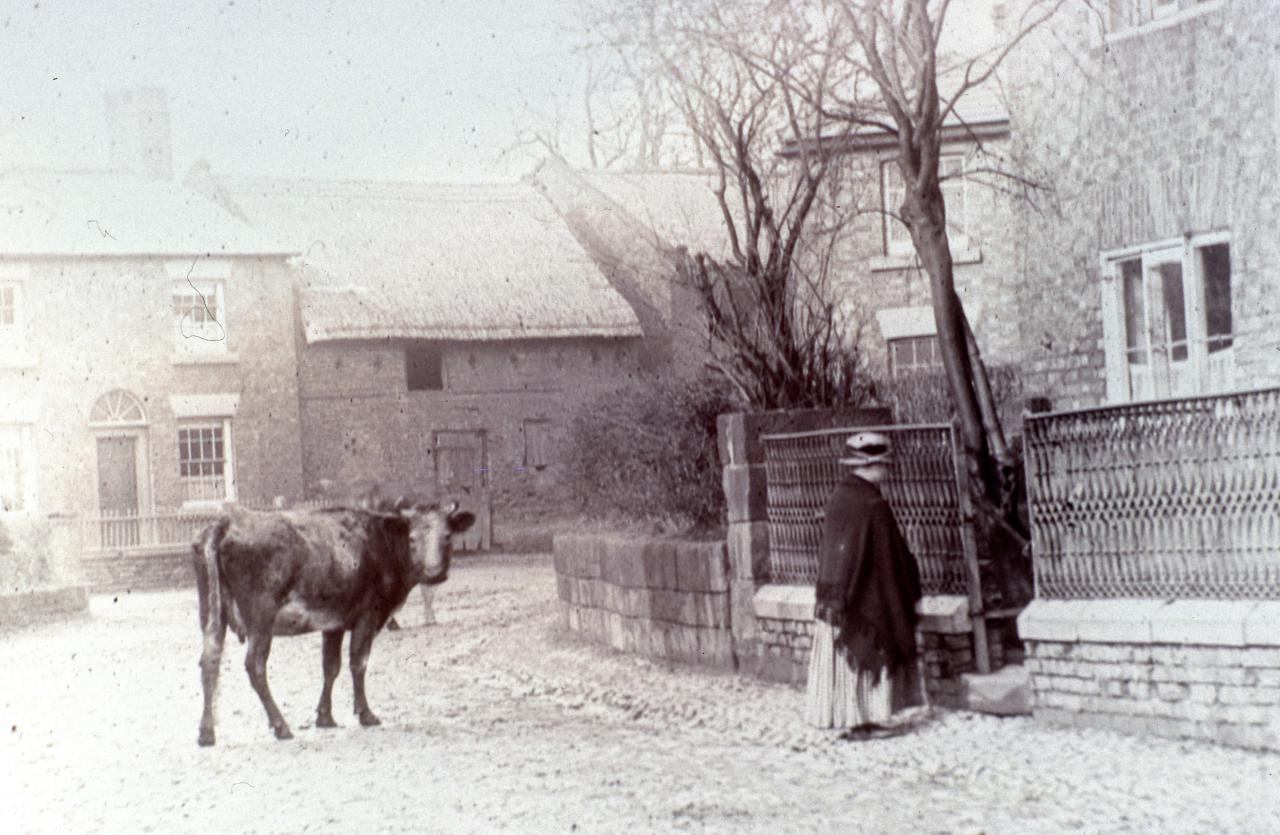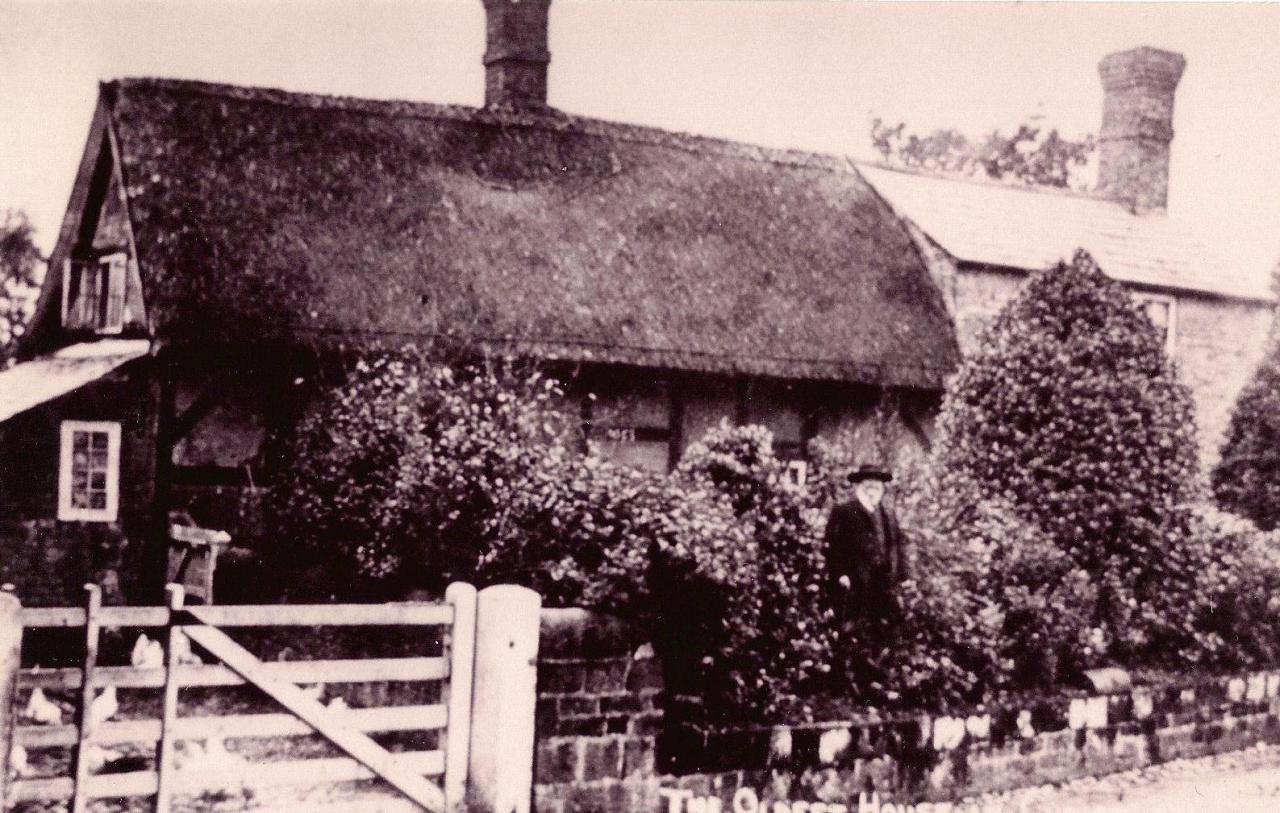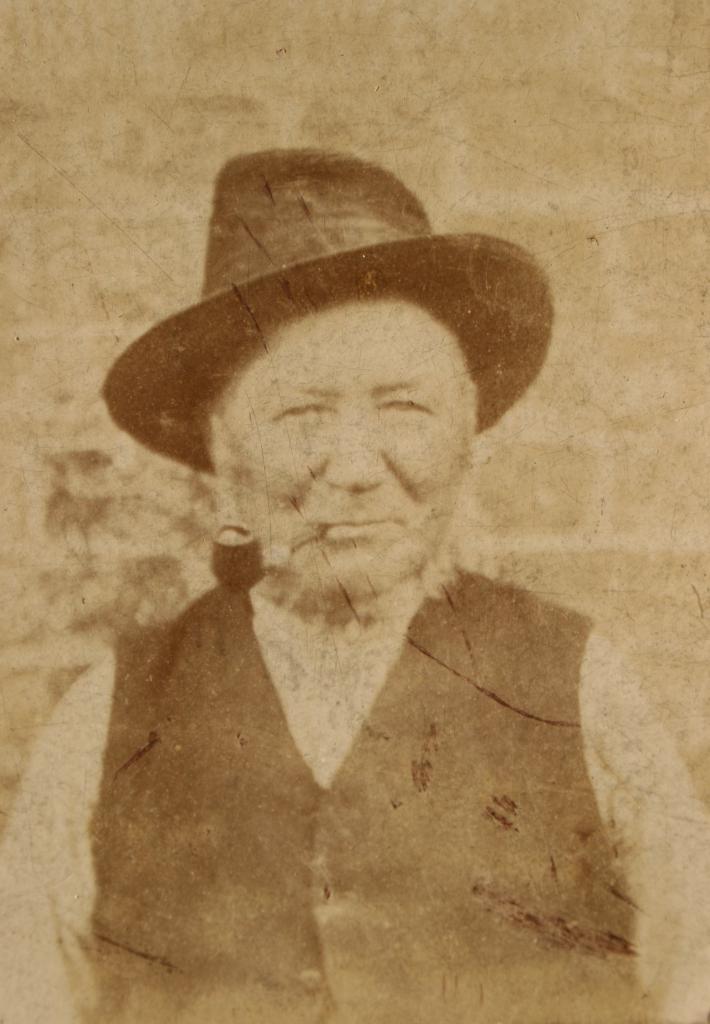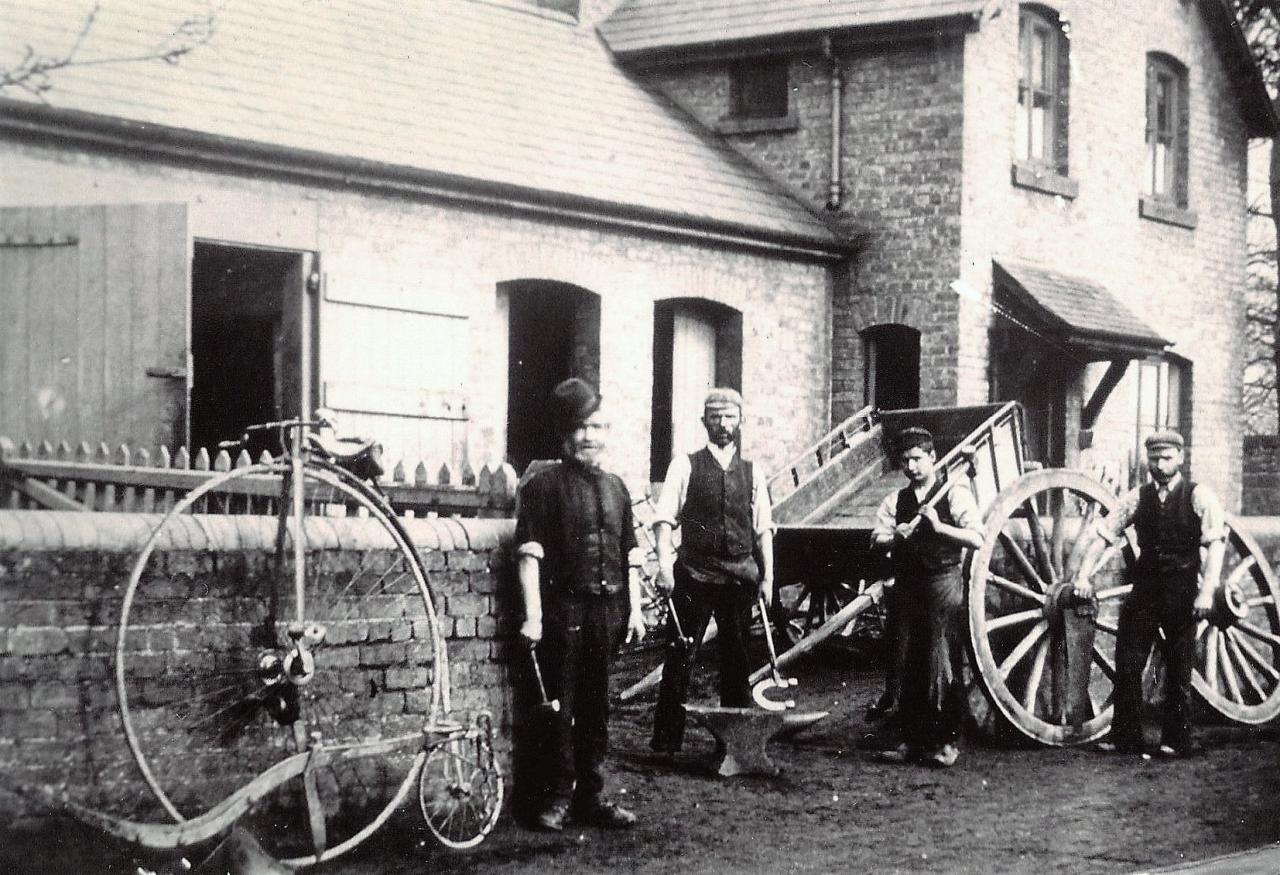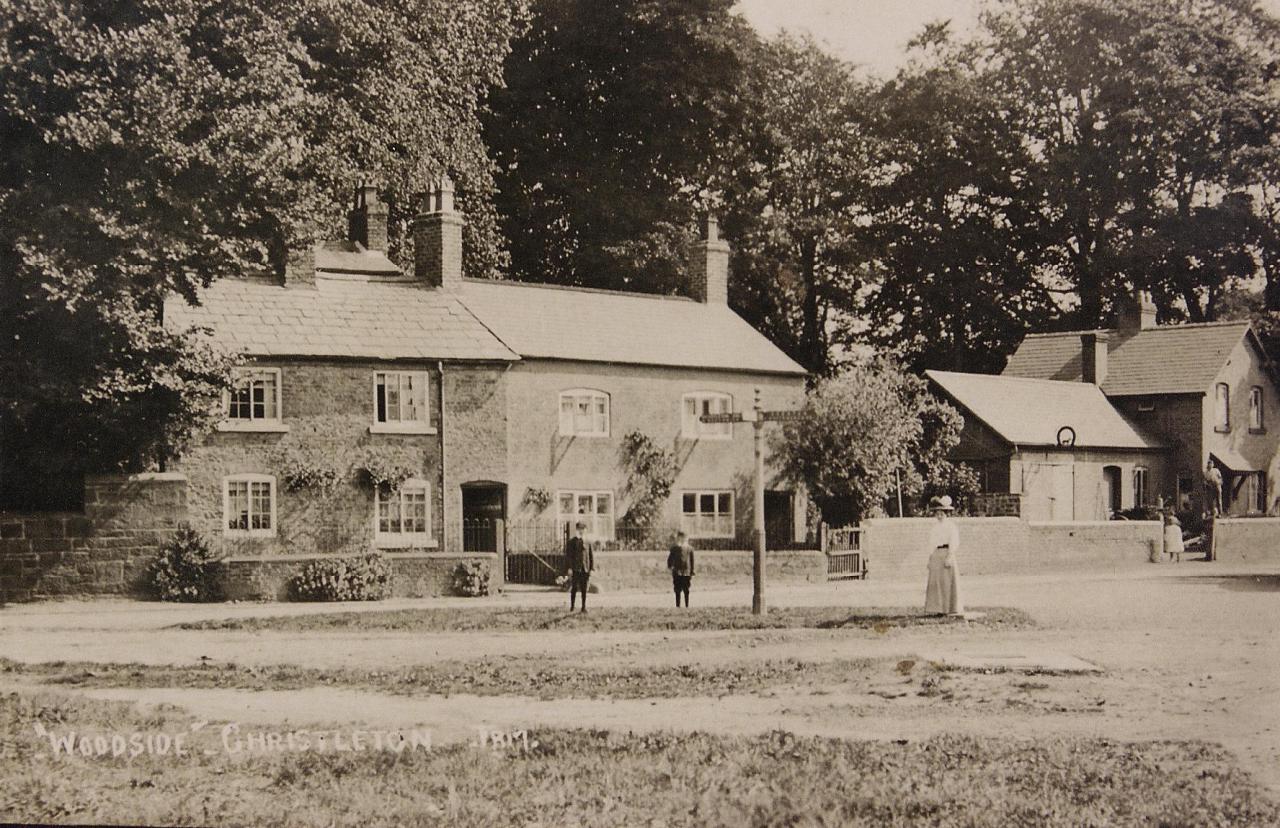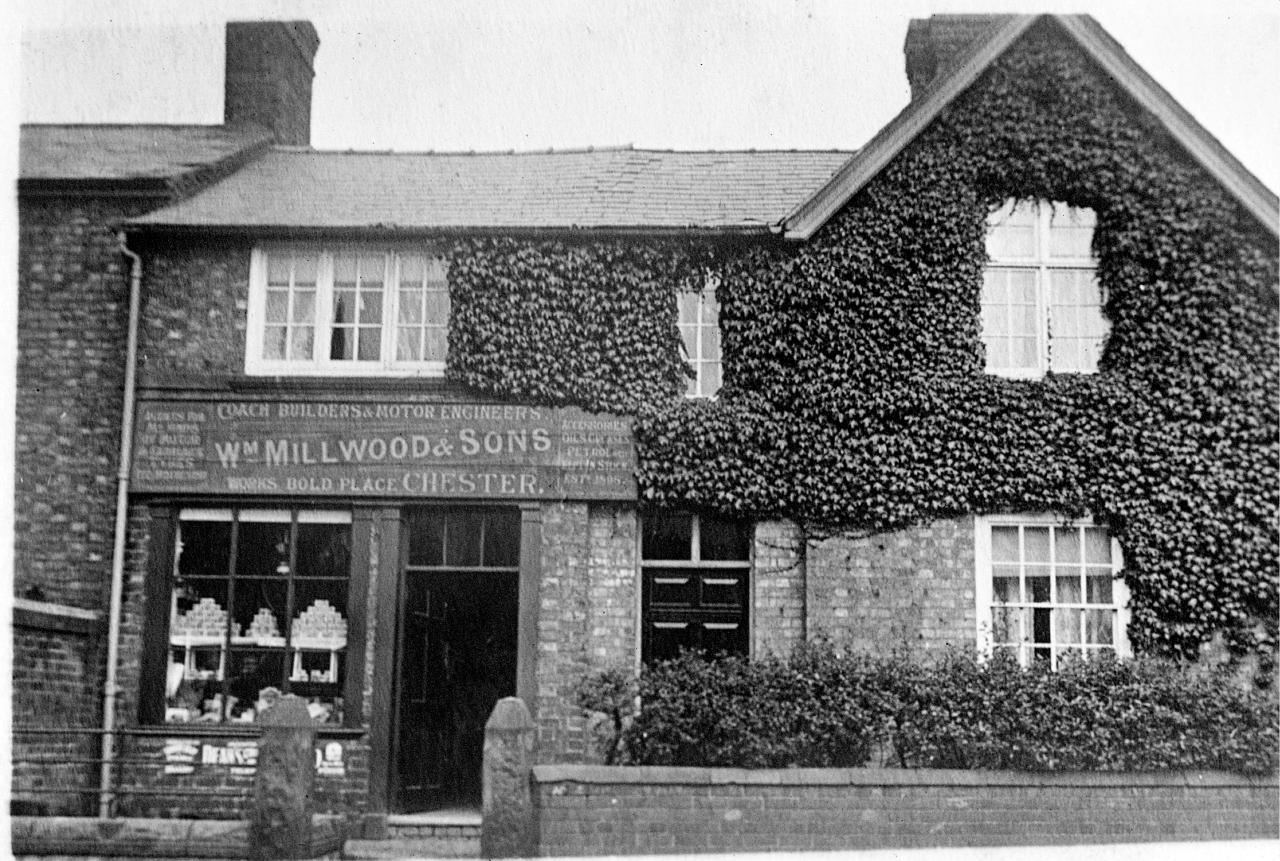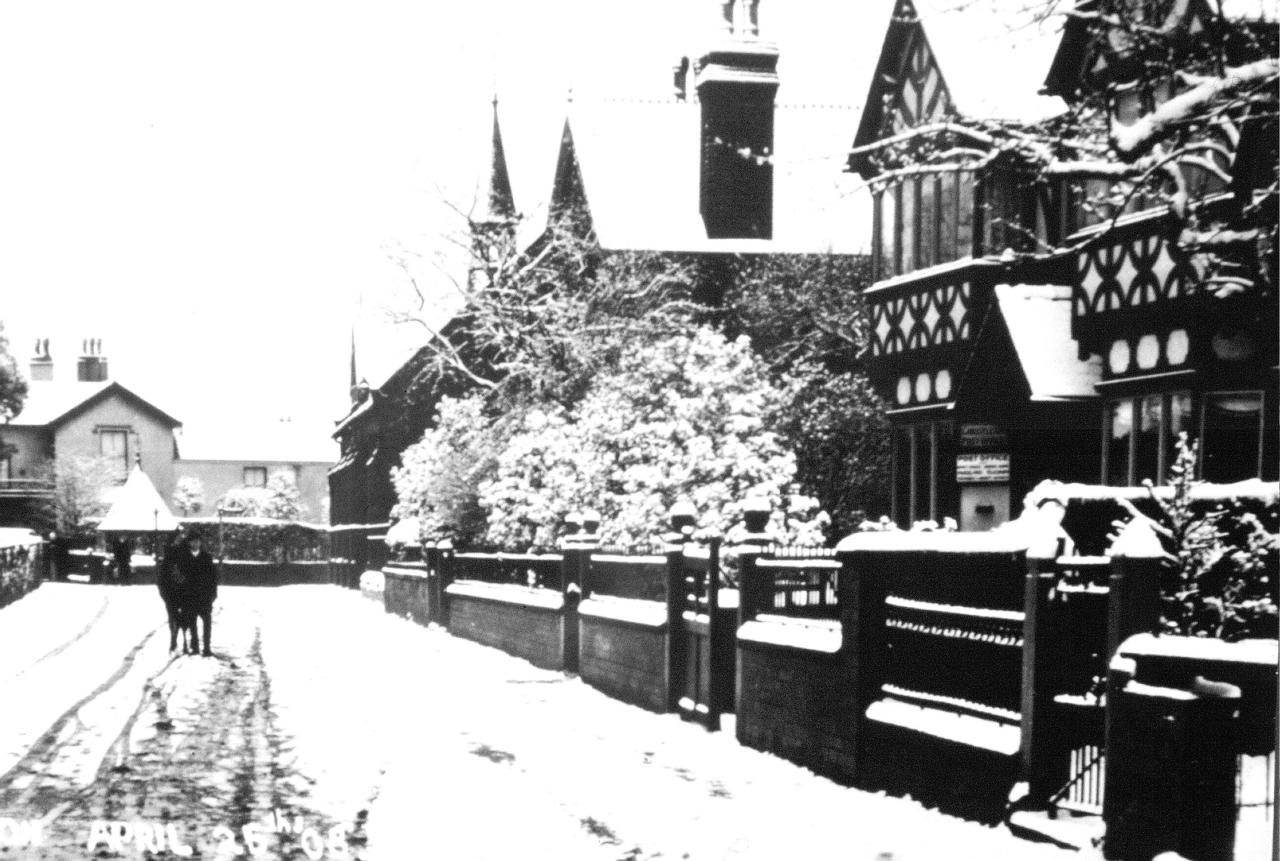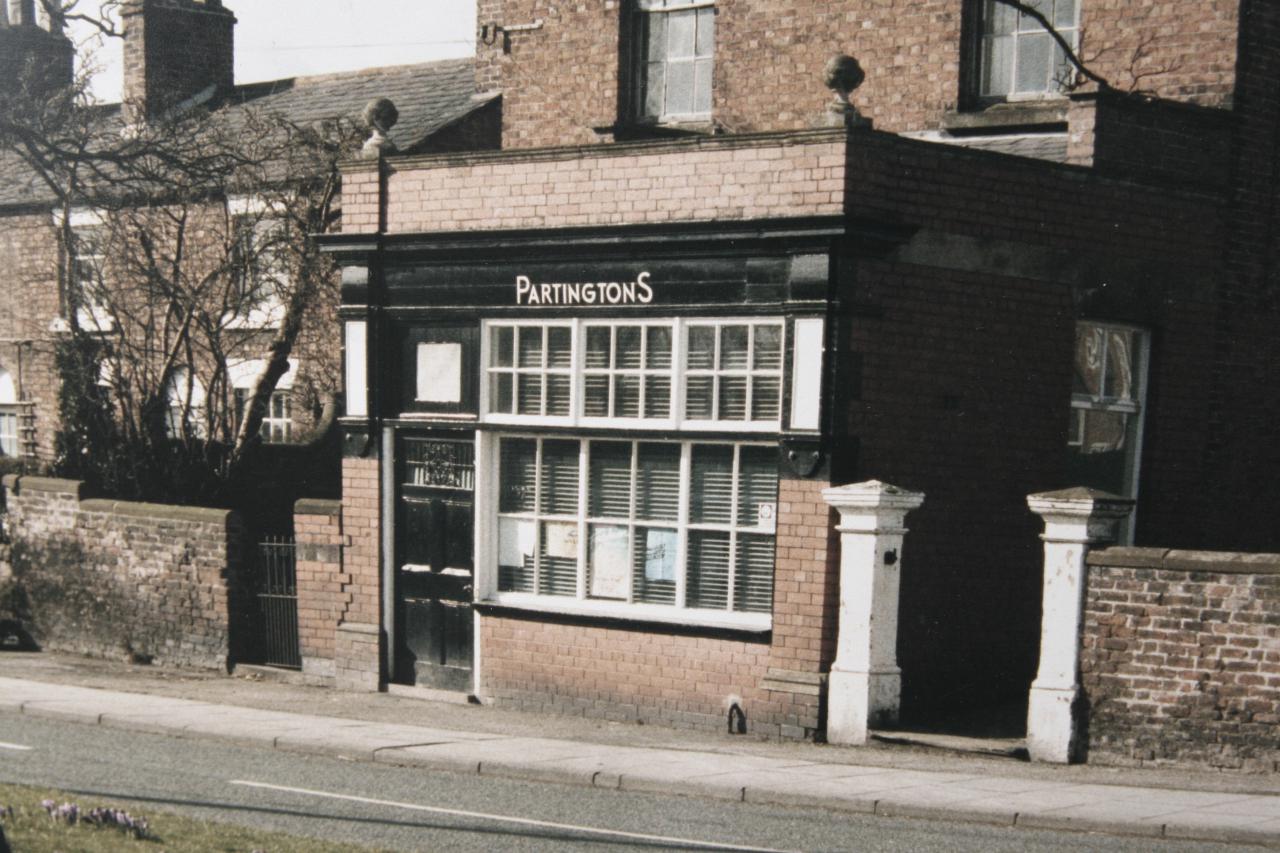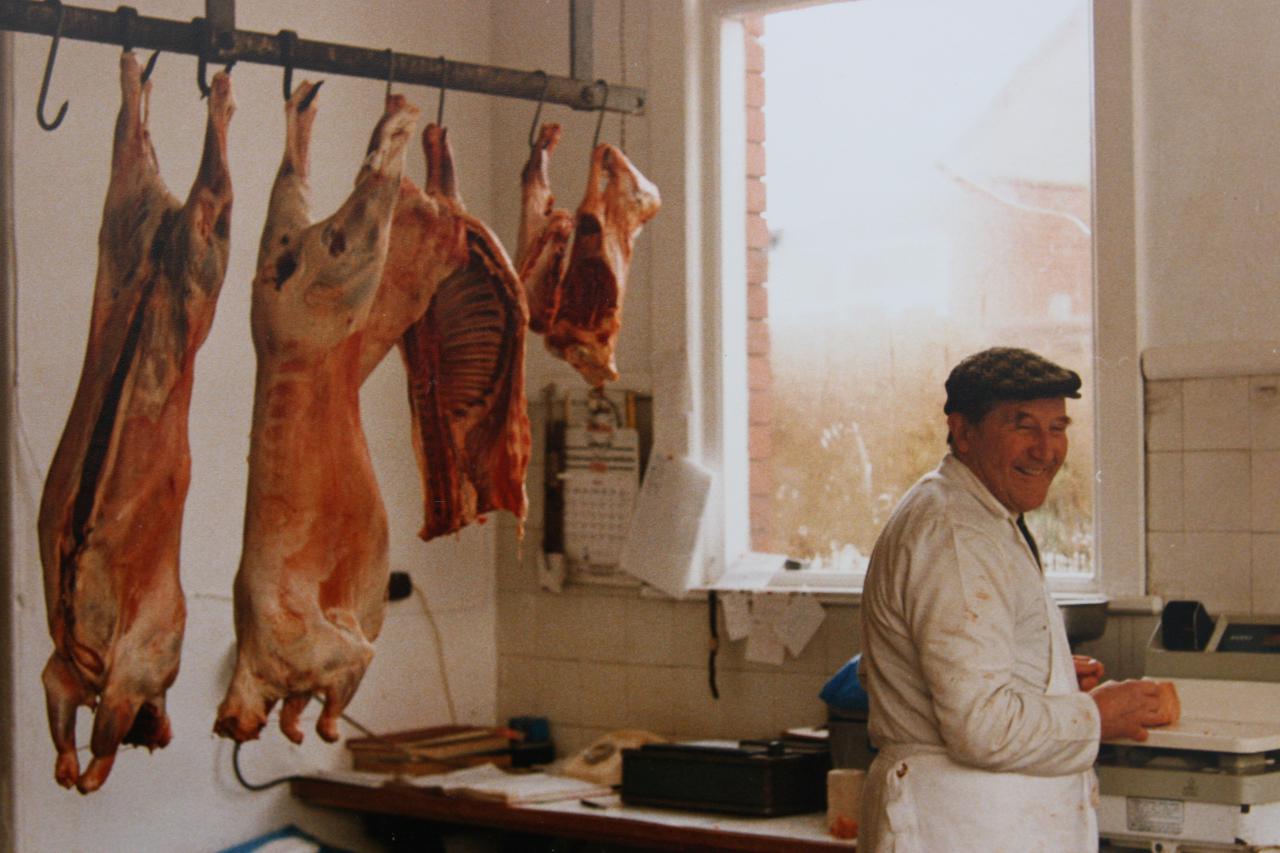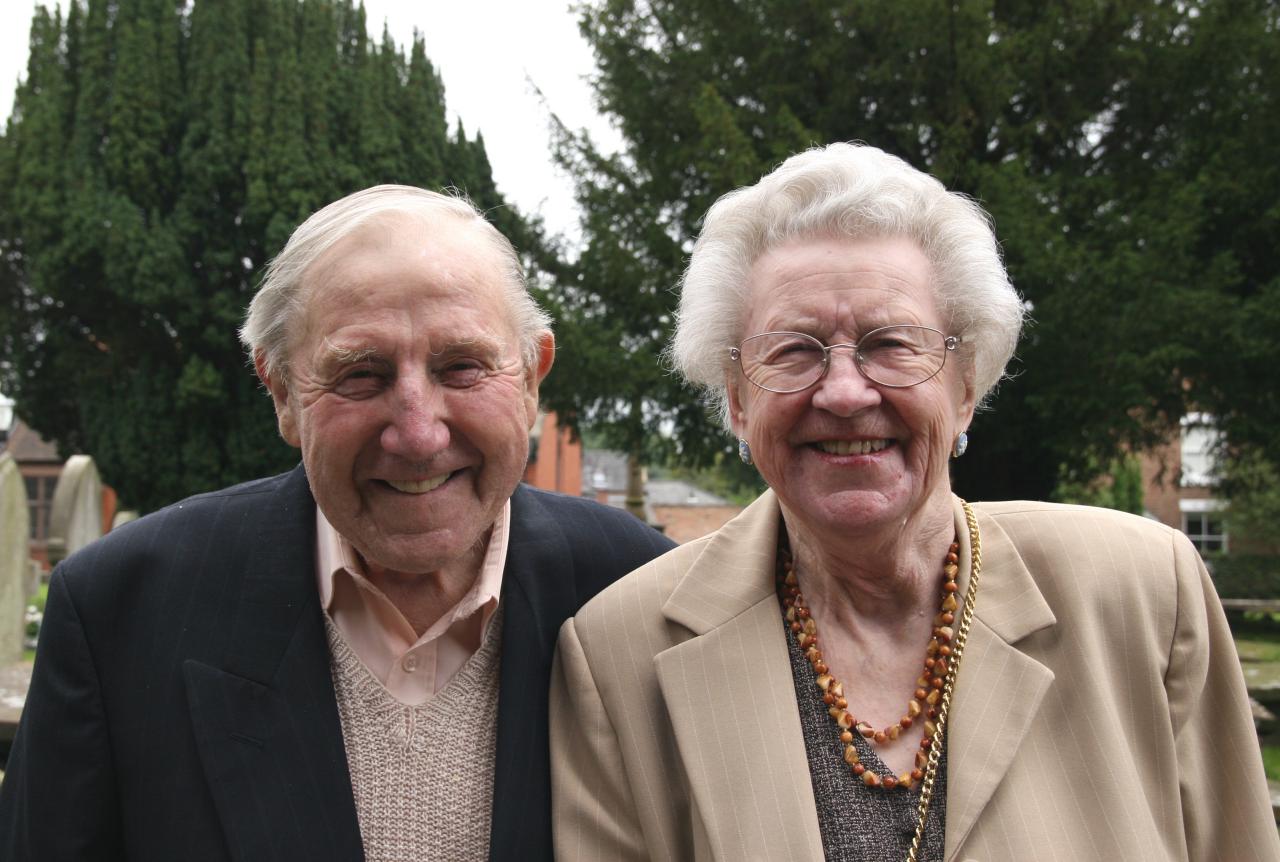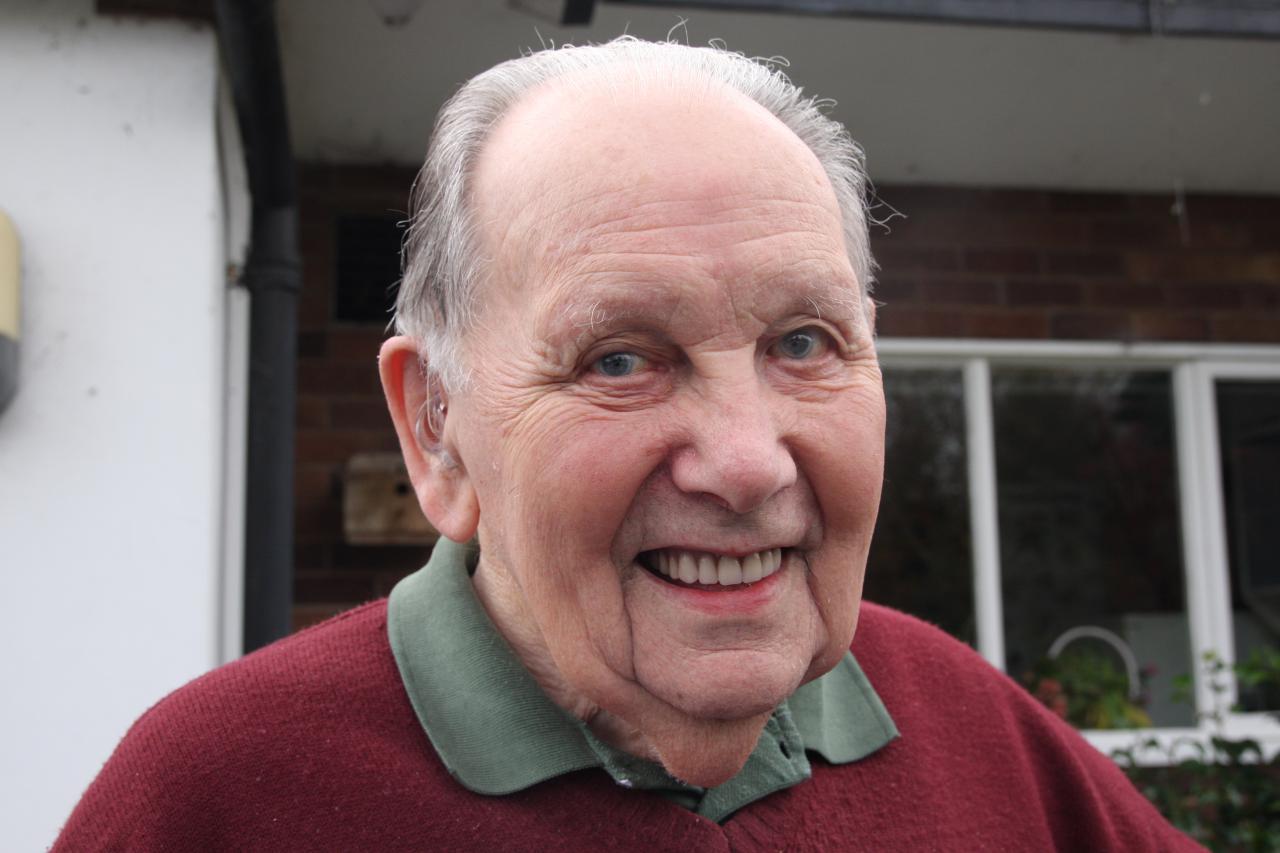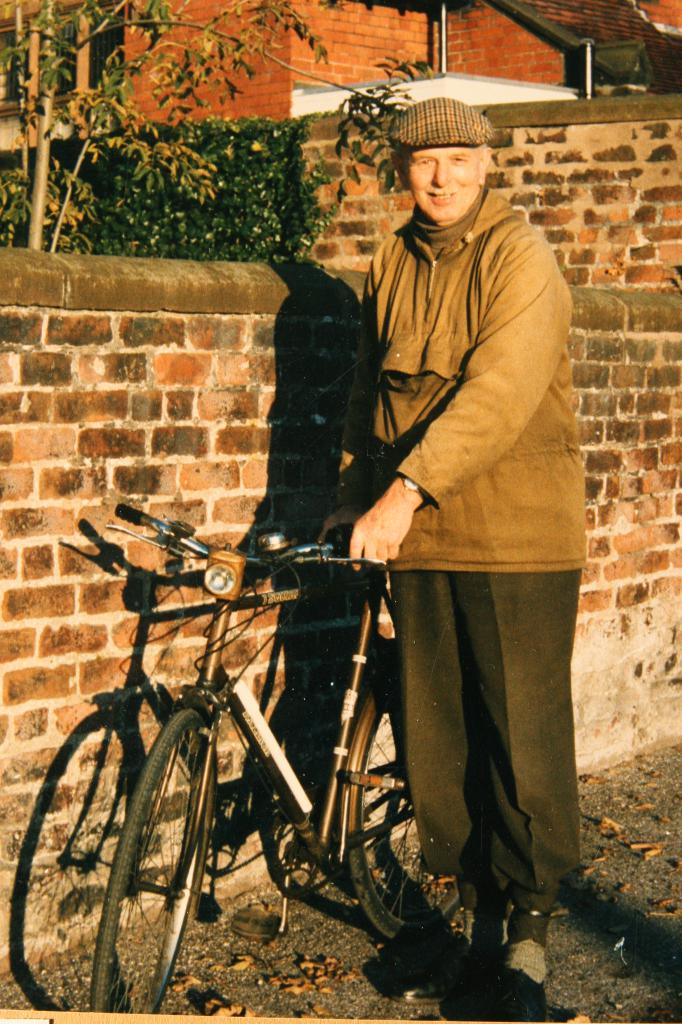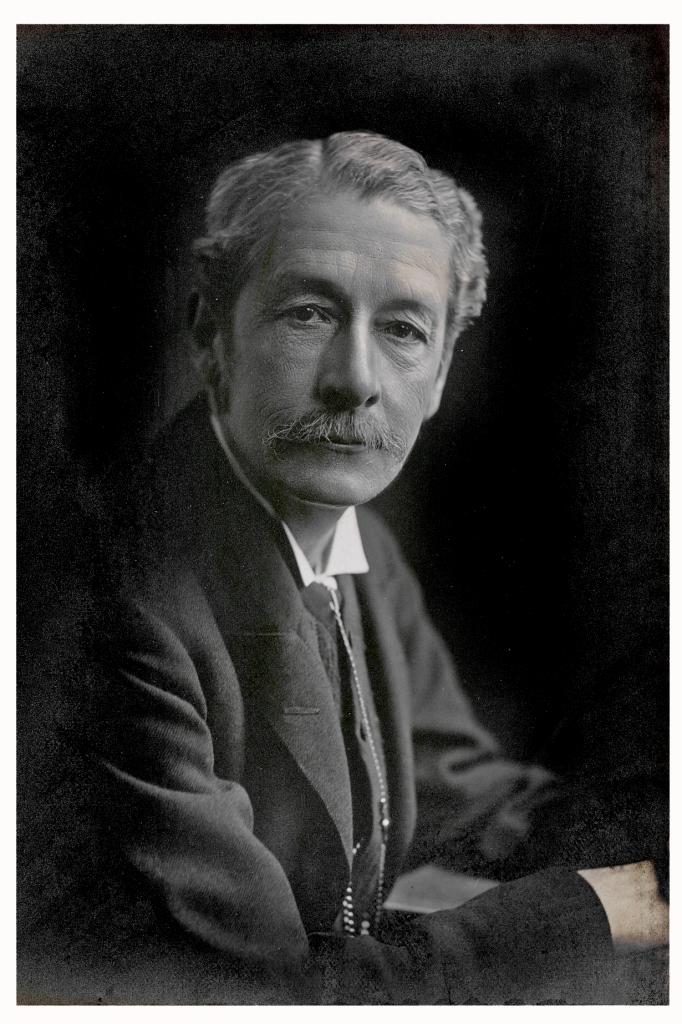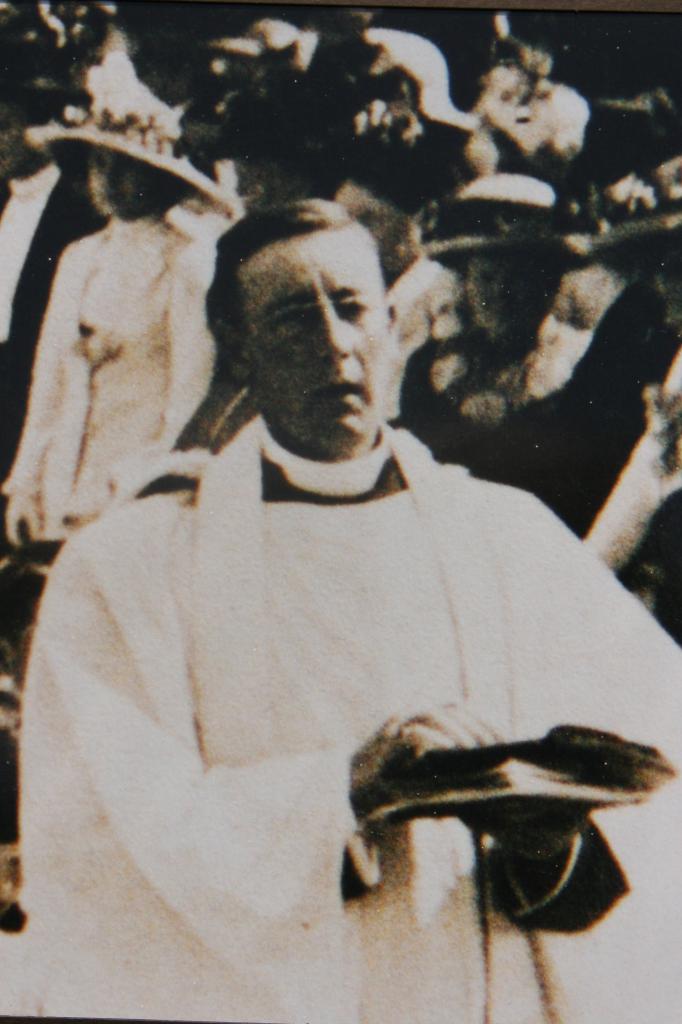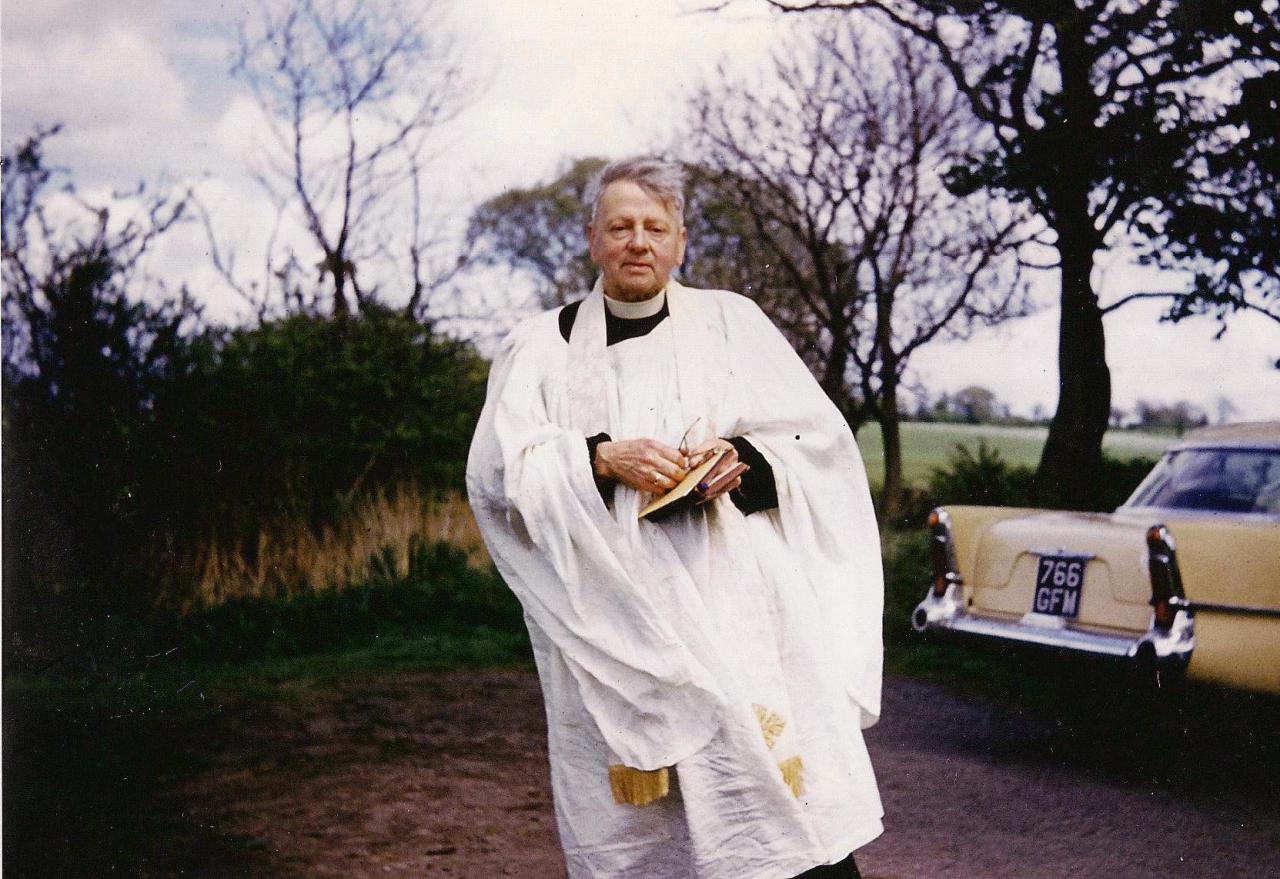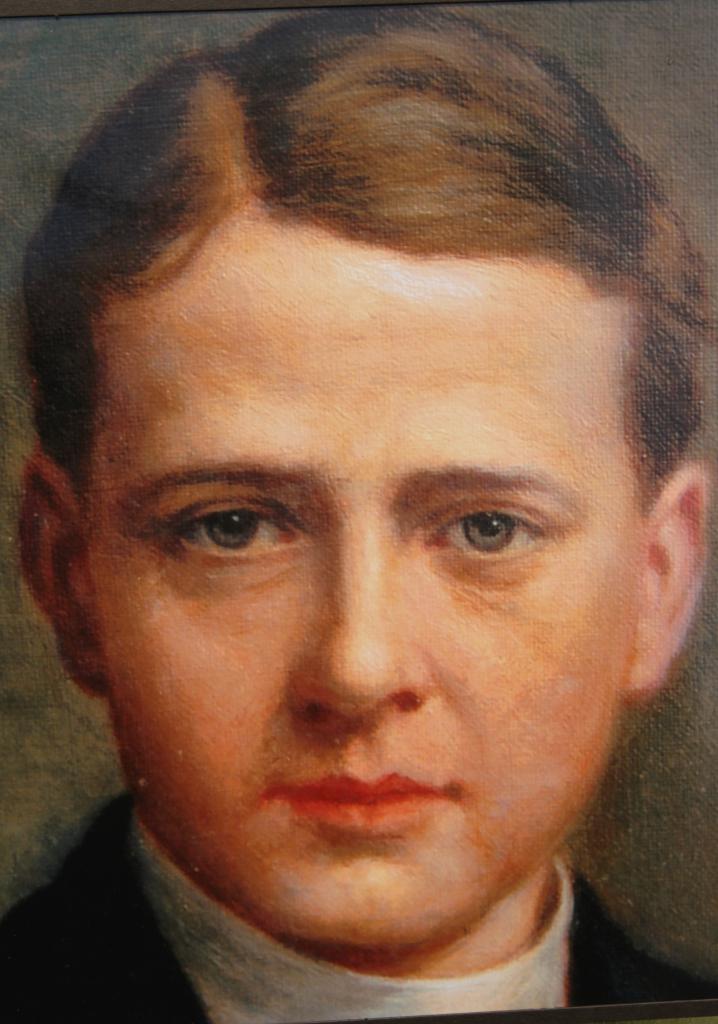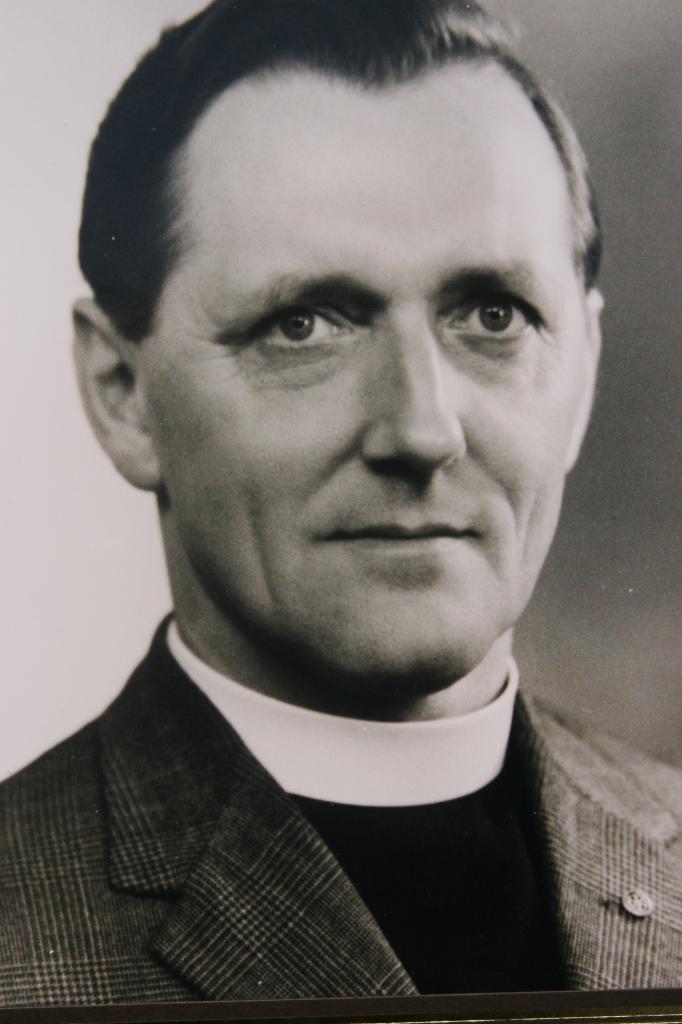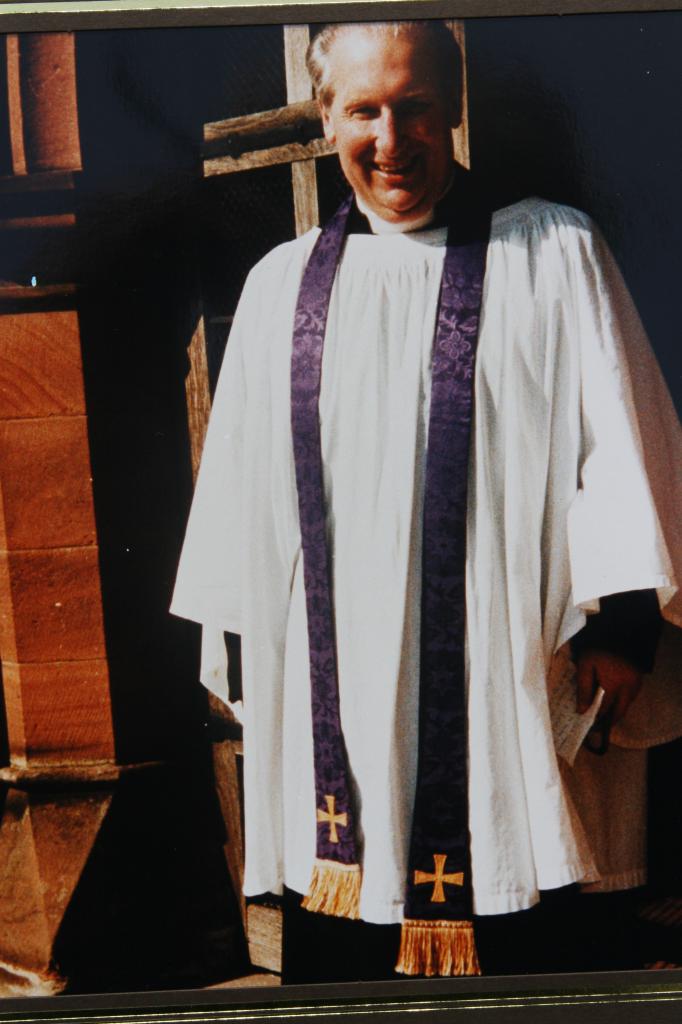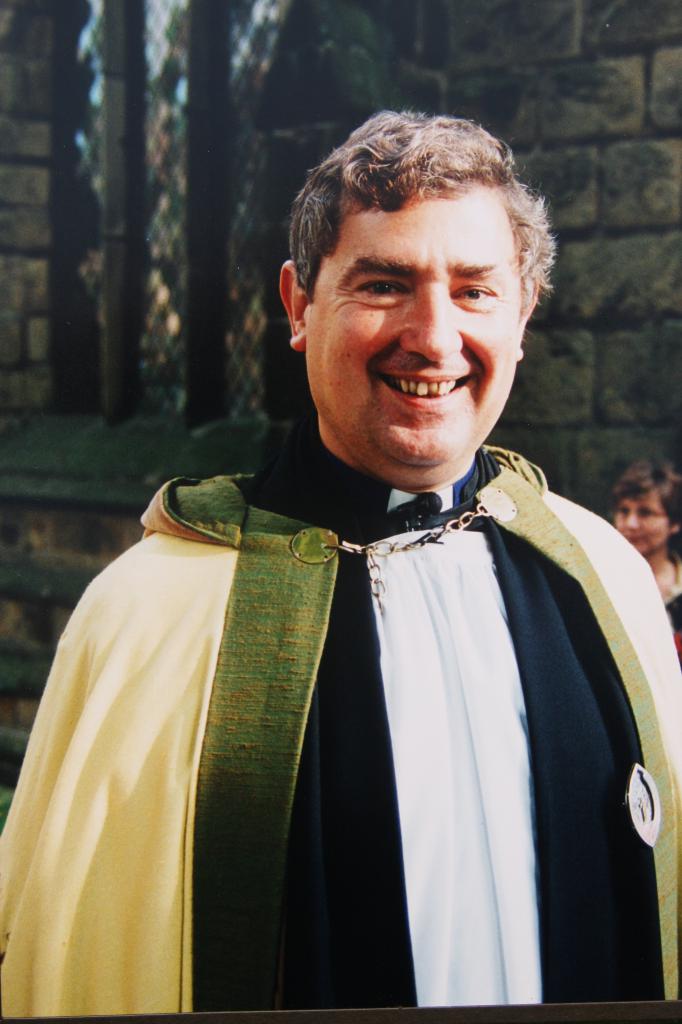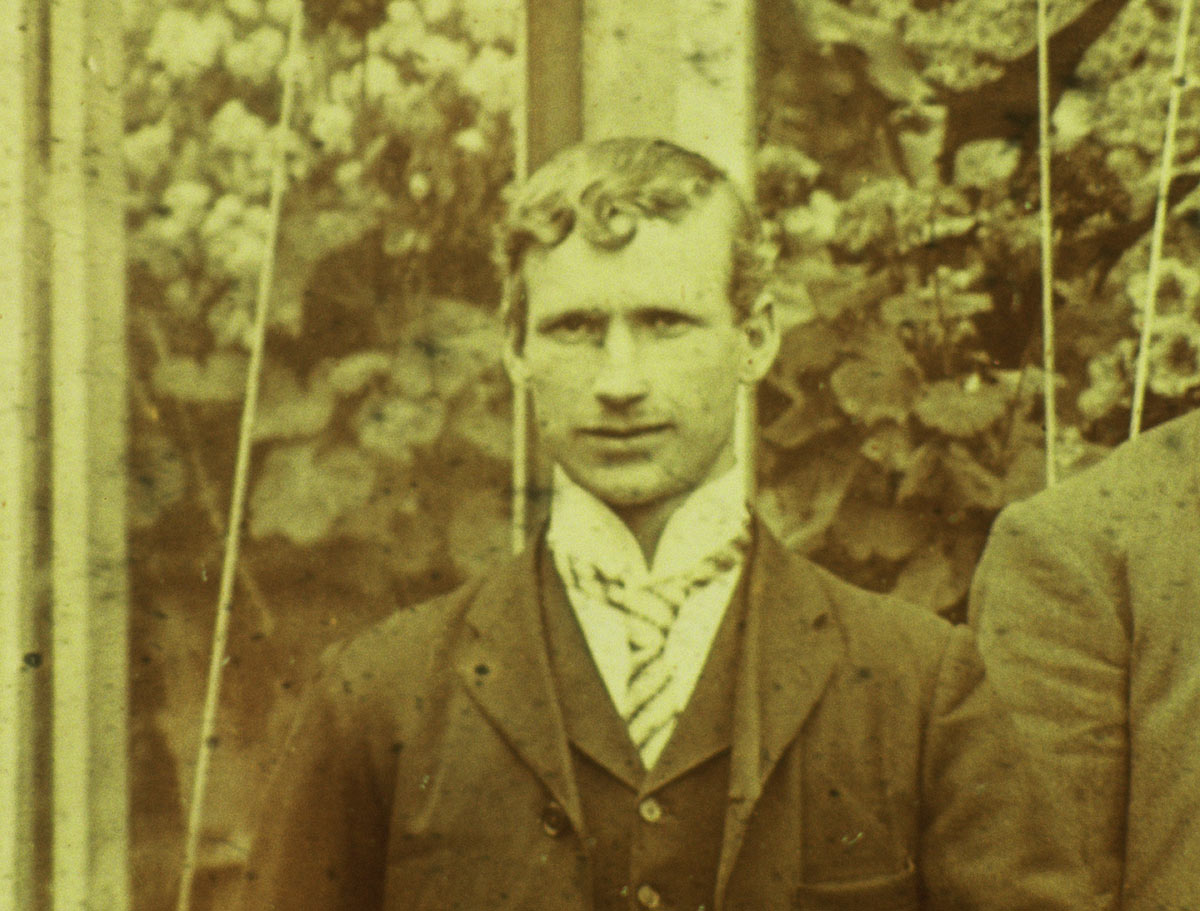
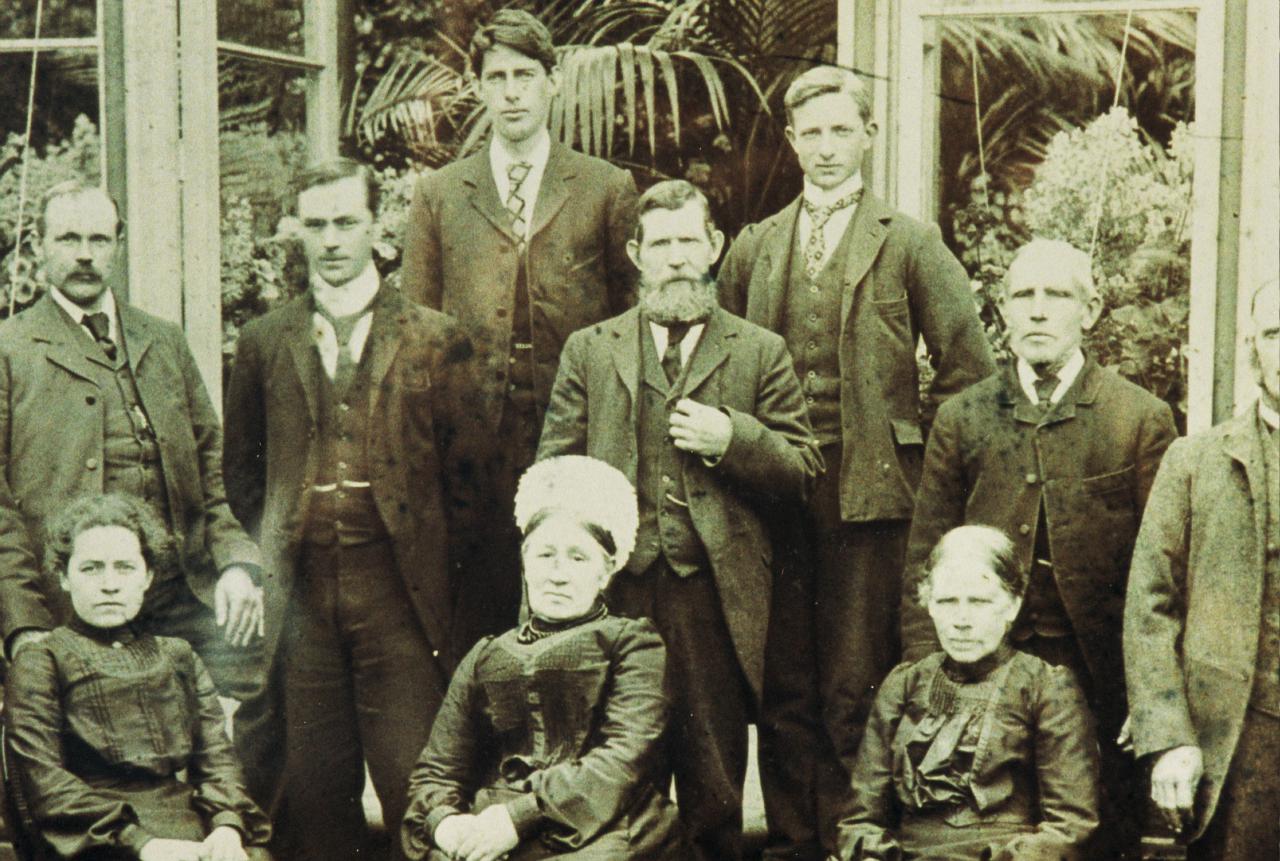
Frank was a long time resident of Christleton, and Captain of the Bellringers, who spoke to me many times when I was researching village History. His family had lived in the village since the 1880’s and were mainly employed at Christleton Hall. His father James (Jim) lived in the Old Surgery in the village and died aged 105 years. Frank sent me long letters as well as giving me many interviews. This is his story, told to me in 1989.
The purpose of this letter is to try to describe just what our village and its people were like 70 years ago, and perhaps earlier. Please forgive me if I use an odd old Cheshire slang word or two, remember such words were commonplace when I was at school. Words such as “canna, binna, but you munna wearit”. Had you gone a little further to Egg Bridge (Waverton) you would not have understood what people were saying; A few of my notes have been written down hearsay, so may have gathered a little moss, but most are from my own experience, or stories passed on by my father, who, as you know, died in 1983, in his 106th year.
We were very good friends, particularly in my younger days, and during the last years of Father’s life. He was an upright Christian, like Washington he never told a lie. I have even been told he swore like a trooper, but I only heard him swear once in my life, and that was at me. He was one of 15 children, all brought up in the cottage in which I live (The Old Surgery in Village Road) – where they put them all I do not know. Dad used to say that when they went to bed, they slept head to tail. He lived all his long life in and around the village, and was born in the thatched cottage next to the old Post Office (Two Gables pictured). Mum, a Lincoln Imp, and he were married in 1911 and like father would hardly ever have been outside the village, except for that stupid period of war from 1939-1945.
Let’s talk about some of the Rectors in my lifetime. Canon Lionel Garnett (1868-1911) We met once when I was two months old, when Geoff Smith and I were the last two babies he christened. He was a good sportsman, all sports including rowing, running and boxing. He was Chairman and Treasurer of the Cricket club and was a regular player. Matches and individual scores were reported in the Parish Magazine, and one shows five Garnetts playing for the team. Another has a report of eleven Garnett’s playing and winning against a village XI. The Park(the grounds of the Rectory in Village Road) was a massive field, and it contained a cricket wicket. All the village outdoor events were held on it. Things like the Village Show, which was a very big one in days gone by. The Park was flanked on one side by Birch Heath Lane, and the Wood on the other Village Road side as far as Smithy Cottages. It also ran along Plough Lane as far as Finnisfield Farm. In the Park hedge was a wicket gate and the Rector road on horseback through that gate when visiting Brown Heath, Plough Lane and Cotton.
The wood was beautiful; all the tall trees were beeches, growing so close together that inside it was almost dark. At the smithy end, in the centre, was an underground icehouse, round in shape and the size of a living room. The whole of the wood floor was covered with bluebells, and at the tops of the trees there was a rookery with some fifty nests.
The next Rector Godfrey Hickey 1911-1926 had been a curate at Handbridge, but came to us from Duckinfield. A tall big boned man, he wore rimless glasses, a straw boater, and had a large framed green bike with a big red ribbon on the rear carrier. His wife was no bigger that sixpennyworth of copper, and they had three children. The younger son Mark and I started ringing together 64 years ago. They lived at Lyndhurst Village Road until the new Rectory was completed in Plough Lane. The Rector was very fond of music.
He formed a glee club of some 50 voices, which won competitions all around the area. I didn’t care much for him and knew the feeling was mutual. Mr Hickey was continually having, what were called, debates with people, even in the local press. I called them arguments or even rows. One day he had one of his arguments with the newly formed branch of the WI. He later exchanged livings with the Rector of Trowell near Nottingham, Alyn Arthur Guest Williams, and he was a wonderful man.
Mr Guest Williams (1926-1965) had been Precentor at Norwich Cathedral. A lovely dream of a man. The trouble was his dreams got longer as the years passed. His wife was a charming lady, tall and very slim, and she was also a good musician. They had no children. He was a specialist in antiques, played the stock market and was a connoisseur on port. Mr Guest Williams was very gentle, and our ladies fell in love with him. It wasn’t long before the ladies were conjuring up false stories about him. At some time he had had an operation, which left a scar on the side of his neck. Rumour soon had it that the scar was caused by a German bayonet during the war, and the brave rector just continued praying for the soldier who did the deed. He knew what the ladies were saying and loved every minute of it; I am sure he wore narrow dog collars to exhibit the scar even more.
Later the Rector and his good lady purchased and came to live in Major and Mrs Currie’s empty home, the Old Hall. Richard, his brother, was a scream. He wore khaki shorts and an old felt hat, no socks, and smoked a small pipe. Looking very much like a gardener, he was mowing in the front of the Hall, when a chap addressed him. “I’ve come in reply to an advert in the local paper for a sexton. What is the old so and so like to work for?” Richard answered, “I don’t know, but if you knock at the door my brother will tell you” The chap got the job. The Rector once told me that, “Richard came for a two week holiday, but alas that was seven years ago.” Alyn Arthur retired in 1965, but stayed on at the Old Hall until his death. Mrs Guest Williams died before him, and they are both buried at Gresford Church.
Charles Mack (1972-1986) came to us from Bredbury, near Manchester, with his wife Betty. They had a son Charles Anthony and daughter Angela and they were a grand family. Many of our church elders abdicated when they first arrived, but that didn’t worry Charles. The rank and file stuck by him and that was all he cared about. He was very hard working, and if you were with him, you had to be the same. He said to me one day, “The Ringing chamber needs painting” Fourteen days later he said, “I’ve put the paint and brushes behind the tower door, get on with it, there are enough of you.” The lads wouldn’t do it so I had to pay a professional to do it. If I hadn’t Mr Mack would have done the job himself. Charles Anthony joined us ringers whilst still at school. He was a charming lad. Sadly he died of cancer at 24. His dad never recovered from that. In 1986, he helped us pull down the ringers stall at the Christmas Fair and died later that night. Father & son lie side by side in the churchyard. It left so many of us sad of heart.
Now David Garnett (1987-1992) is our Rector. He came from Heald Green, near Manchester, and has a charming wife and two young sons. It will be good if they outstay their namesake, Canon Garnett who stayed for 42 years. But it will not be easy. My mum told me that when she first arrived in Christleton and was out scrubbing the steps, an old lady stepped across the road and shouted, “Our done you like it?” Mum replies, “I do not know” Again the old lady shouted, “ You wonna, cause they donna won’t to know ya round ere. I’ve lived here 56 years and am still a stranger!”
We older people say the weather and the climate are changing. When I was young, in winter on a cloud filled moonless night, gosh it was dark. It was as black as a bag of coal. Should you be outside and that wasn’t often, the darkness was awe-inspiring. Of course remember here was not one street lamp. No light from the cottages as the oil lamps used indoors were very poor. No cars with headlamps, not even a horse and trap. The stillness was amazing. Should another person be afoot you could hear the sound of his hobnailed boots on the cobble stones from the other end of the village. There were no kerbstones or footpaths, but the stones were smaller on the sides of the roads. The odd cow or calf may have given out a cry, and a dog or a fox would bark. The church clock striking the hour and that was it, except for the owls. They would hoot all night, and we had a lot of them.
I musn’t forget the railway, for that is a sound we no longer hear. On a dark, silent night you would think the line ran straight past your door. On the down line you could hear them as far as Waverton, and each blew its whistle before entering the tunnel, which runs under the canal. On the up line, there seemed to be lots of goods trains starting from the city. They would huff and puff and their buffers and chains would clink and clink, and if the firebox was open, the whole sky appeared to light up, and the reflection of the houses and trees was grand. You could watch the owls hunting by moonlight, and you were no longer afraid by night.
The pictures illustrate the Poston family in Christleton with some scenes from the village described by Frank, as well as portraits of the Rectors he writes about together with some of his friends.
LISTEN INSTEAD OF READING
-
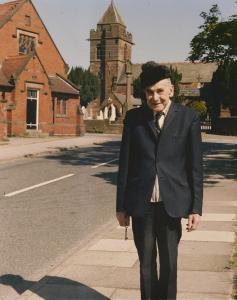
Frank Poston
-
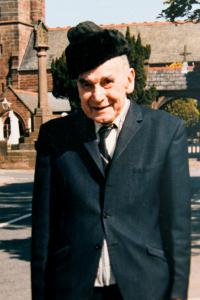
Frank Poston
-
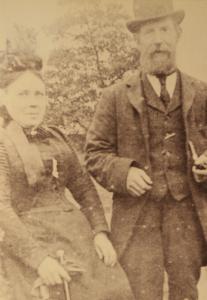
Mr. and Mrs. Poston
-
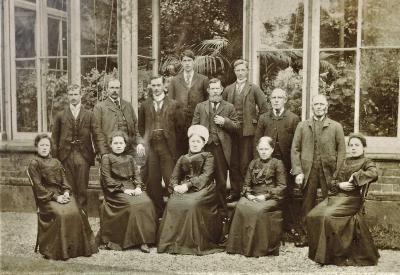
The Staff at Christleton Hall
-
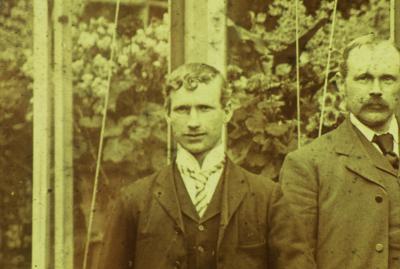
James Poston as a young man
-
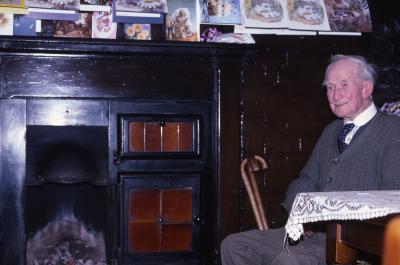
Jim Poston at 103 years old
-
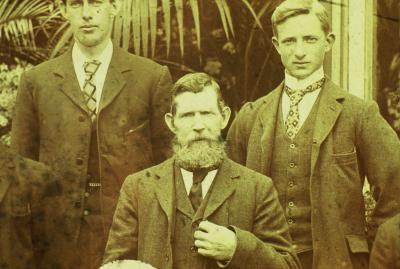
The Postons
-
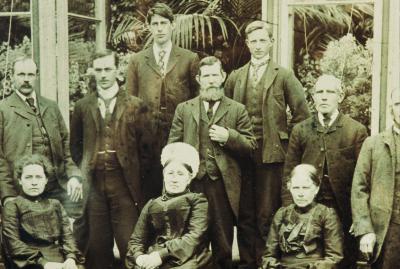
Poston family with Mrs. Poston
-
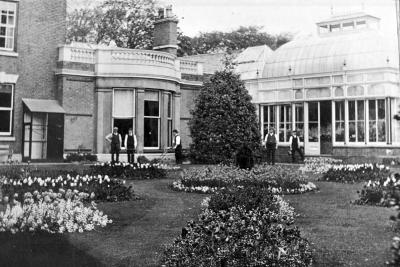
Christleton Hall
-
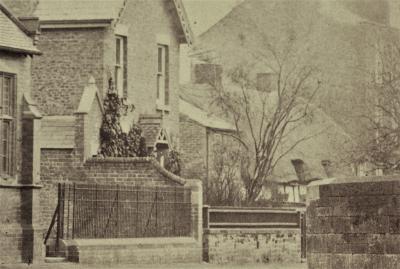
Old Farm, Pepper Street, Christleton
-
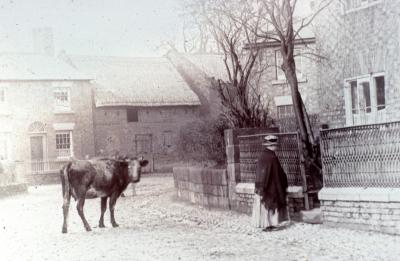
Christleton Old Institute 1914
-
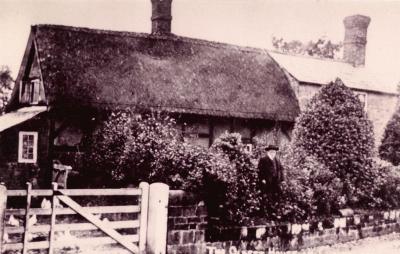
Christleton Old Farm
-
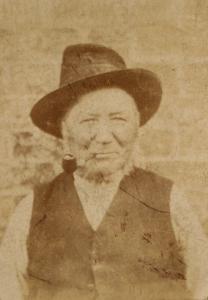
Digger Swindley
-
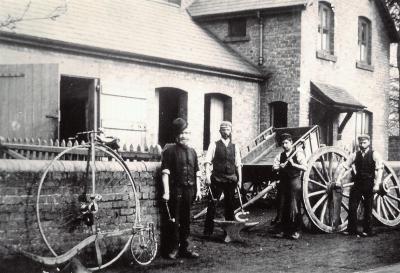
Christleton Smithy
-
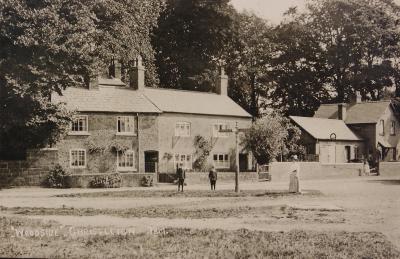
Bottom of the Wood
-
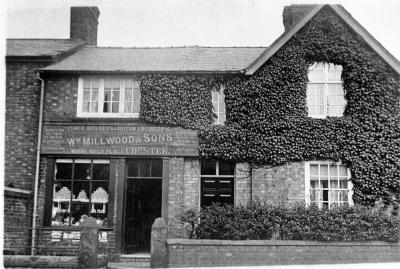
Millwoods Stores
-
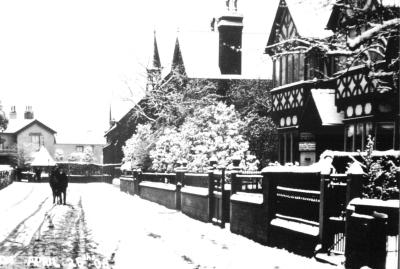
The Old Post Office
-
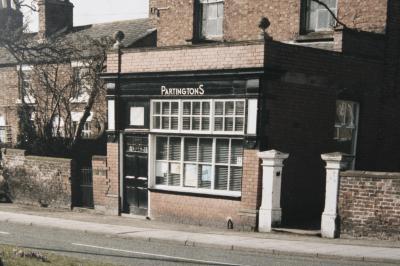
Partingtons the Butchers
-
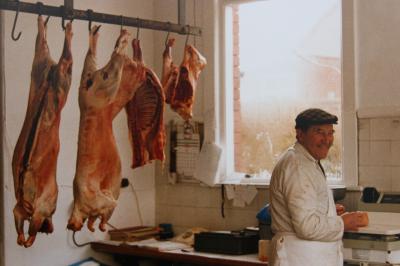
Jim Partington the butcher
-
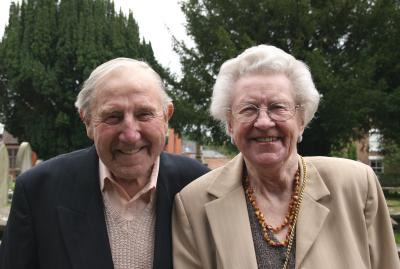
Jim and Lucy Partington
-
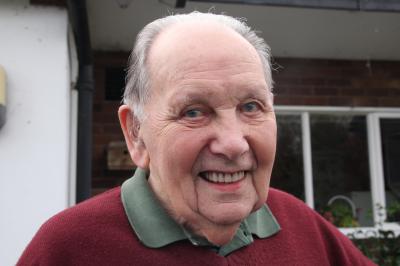
Eric Beech
-
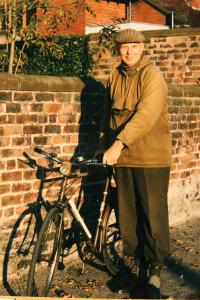
Cliff Boddy
-
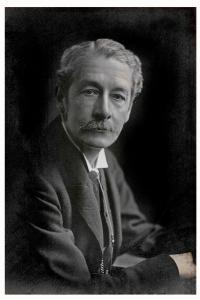
Canon Garnett
-
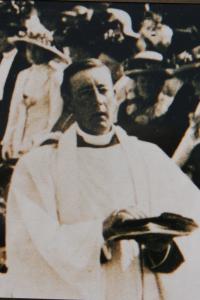
Rev. G.M.V. Hickey
-
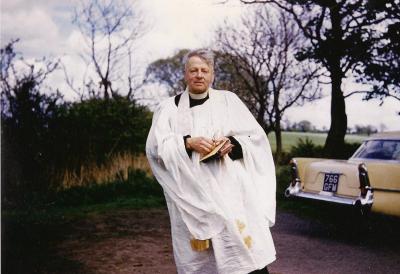
Rev. Guest Williams
-
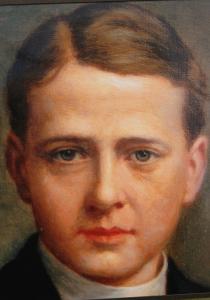
Canon G. Williams
-
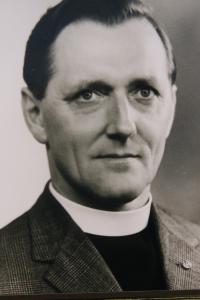
Canon Lawrie Skipper
-
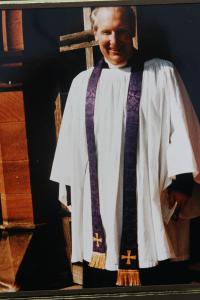
Canon Charles Mack
-
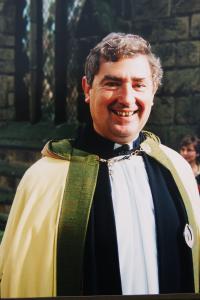
Archdeacon Garnett


